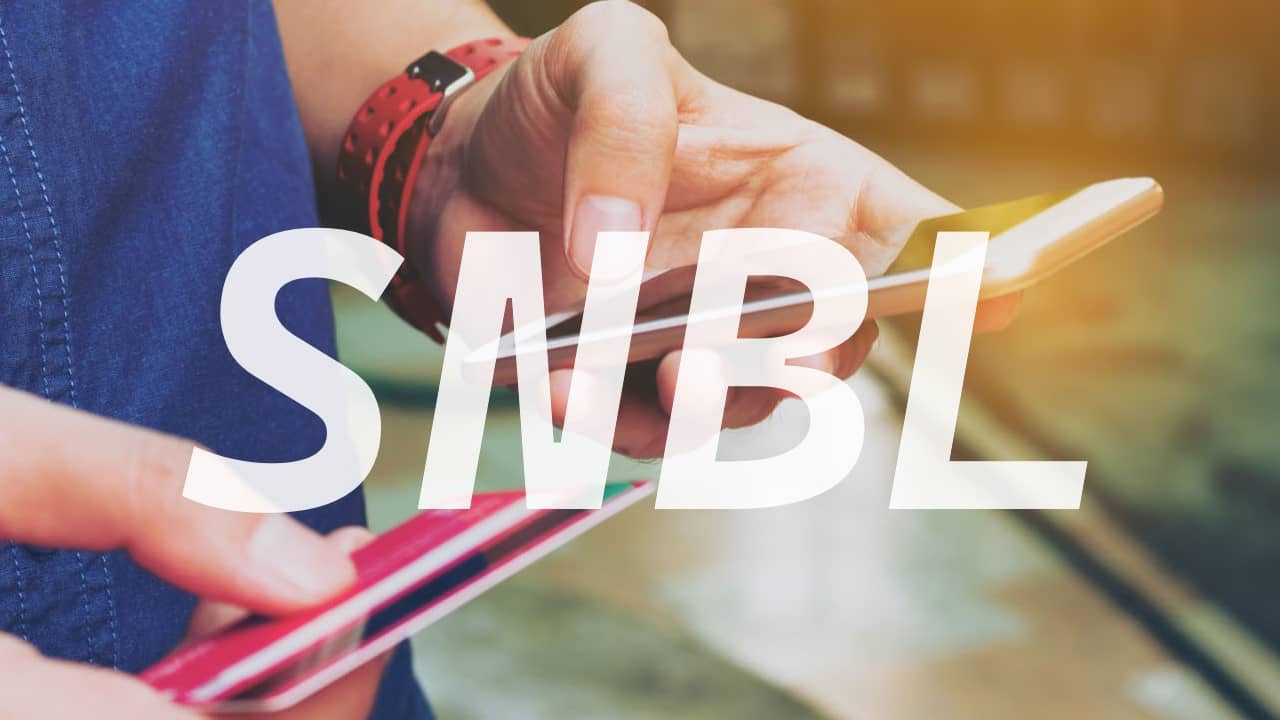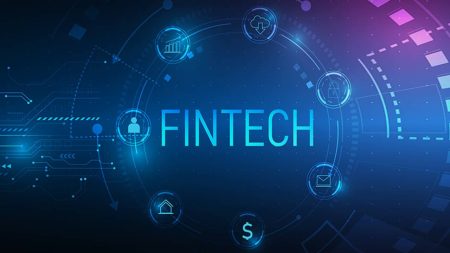The fintech world is not lacking in imagination. This year saw the emergence of a new concept, born in India, which takes the opposite view of “Buy now pay later” (BNPL), which consists of buying on credit by opting for payment in several installments. It is called “Save now buy later” (SNBL). In contrast to immediate and impulsive buying behavior, even without having the funds available, SNBL offers consumers benefits if they save over time to purchase a good or service.
Like BNPL, SNBL is more than just a new payment method. It meets a marketing objective for e-commerce sites and specialized platforms: to minimize shopping cart abandonment, and to get the consumer to enter into a relationship with the merchant.
Sommaire :
A model invented in India
The pioneer of this system is called Multipl, a start-up founded in Bangalore in 2020. In India, where the average salary is less than $200, the fintech identified a need for an alternative to credit for high spending populations lacking immediate purchasing power. It’s not widely talked about, but India’s fintech ecosystem is extremely well developed, with the momentum based in part on the need for financial inclusion. For example, the Indian start-up Moneyview has just raised $75 million to make credit more accessible to the 90% of Indians who are not eligible for bank loans. According to the consulting firm BCG, there are nearly 7,500 fintechs in the country.
Multipl’s model consists of partnering with brands, which allow consumers to get discounts (around 10%) while they “save” directly on an account with these brands, or they do it through Multipl, which invests this money as and when in financial instruments, using a robo-advisor developed in-house. The startup raised $3 million in May 2022. The platform claims about sixty partner brands, including Decathlon, for which it plays the role of marketplace, exactly as Klarna does in the BNPL universe. It is paid on an affiliation model, the service being free for the consumer.
SEE ALSO: 5 Benefits of American Express Cards
A trend that gained momentum in 2022
This idea has spread since Multipl’s launch, including the American Accrue Savings, founded in 2021, which raised $25 million from the wealthy Tiger Global fund in January 2022; the Indian Hubble Money, backed by Sequoia Capital, which raised $3.4 million in April 2022; another Indian start-up, Tortoise; and Monkee, an Austrian app that partners with Booking.com and eBay, among others. Austrian neobank Up has also launched a similar offering.
These start-ups offer these solutions to young people who can’t or don’t want to take out credit.
For brands, it’s a new acquisition channel and a way to build consumer loyalty before they’ve bought the product. A sort of loyalty program in reverse. The final price of the product is guaranteed, and the money recoverable at any time. In the event that the purchase is not made, the brand’s contribution to the consumer’s savings account is removed.
Selling despite declining purchasing power
On average, consumers make their contributions between 8 and 12 months. Purchases are mainly for relatively expensive products and services, such as iPhones, travel, jewelry, and in countries like India, health insurance for example.
It is interesting to note that the latest innovations in fintech services for individuals are aimed at people who do not have access to credit or do not wish to take on more debt. Last September, for example, the American start-up Kafene raised $18 million in a series B round, after an initial $30 million round, for its rent-to-own solution. It allows consumers to pay for a product over 6 to 18 months, and to return it before the end of the term if they can no longer afford the payments. If they make the full payments – calculated according to their credit risk and financial capacity – they become owners of the property.
SEE ALSO: Which financial investment strategies to choose according to the accepted risk?
A less favorable environment for BNPL
In addition to the context of rising interest rates and inflation, which are tightening consumer budgets and limiting creditworthiness, these new trends are developing as BNPL regulation is set to tighten. At least in Europe, where the revised Consumer Credit Directive is expected to be adopted in early 2023. This directive envisages stricter rules on consumer information for small credits of less than 200 euros, which concern in particular fractional payments, and a new framework for assessing creditworthiness. This is intended to limit situations of overindebtedness.
As this is a European directive, each Member State will be free to transpose it into national law. France’s history in this area shows that the rules are stricter than elsewhere.










